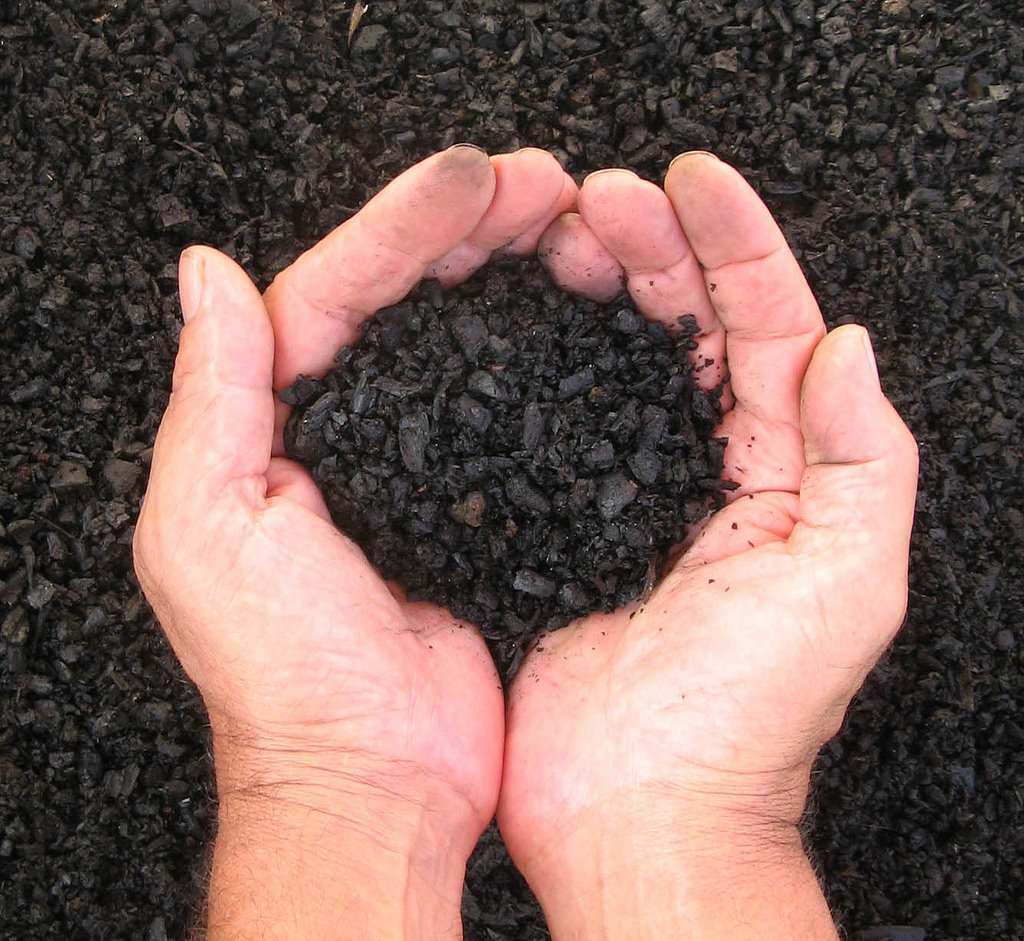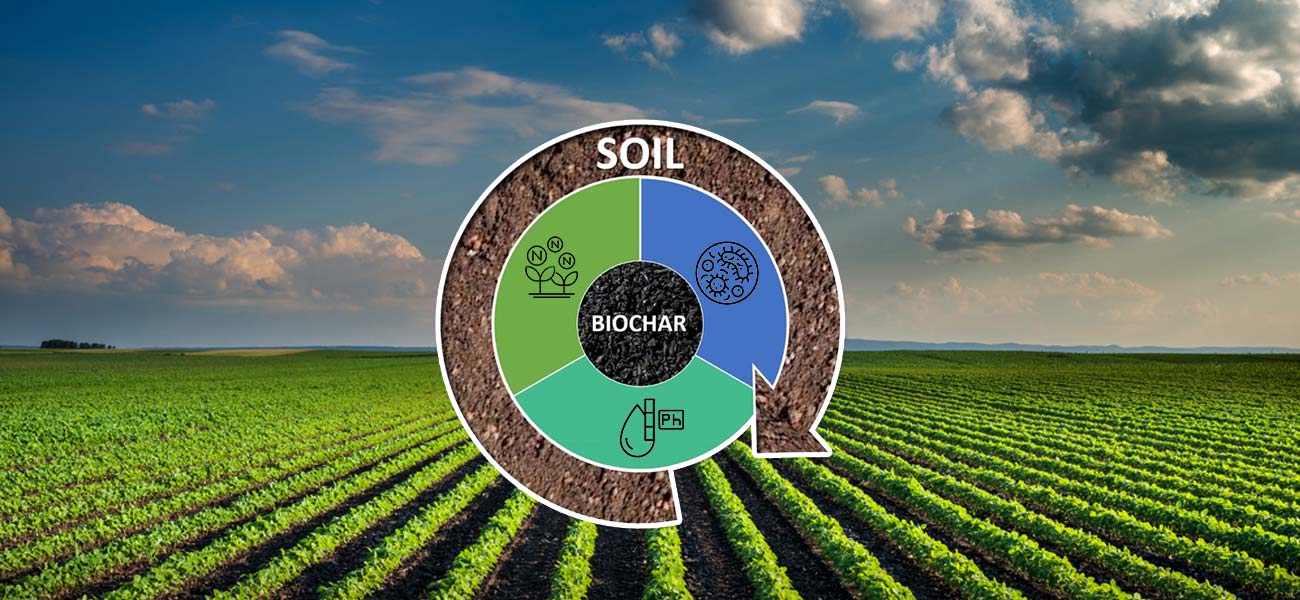In the pursuit of sustainable agricultural practices, biochar from biochar equipment emerges as a revolutionary solution with the potential to mitigate climate change, enhance soil fertility, and promote carbon sequestration.
Understanding Biochar
Biochar from biomass pyrolysis reactor is a form of charcoal produced from organic materials such as agricultural residues, forestry waste, and biomass through a process called pyrolysis. This thermal decomposition occurs in the absence of oxygen, resulting in a stable carbon-rich product that can persist in the soil for hundreds to thousands of years.

The Carbon-Negative Advantage
Unlike traditional agricultural practices that contribute to carbon emissions, biochar offers a unique opportunity to achieve carbon-negative agriculture. When incorporated into the soil, biochar acts as a long-term carbon sink, effectively sequestering carbon dioxide from the atmosphere and mitigating the impacts of climate change.
Enhancing Soil Health
Beyond its carbon sequestration potential, biochar boasts numerous benefits for soil health and fertility. Its porous structure improves soil water retention and nutrient availability, leading to enhanced plant growth and crop yields. Moreover, biochar promotes microbial activity in the soil, fostering a healthy ecosystem that is conducive to sustainable agriculture.

Mitigating Environmental Risks
In addition to its soil-enhancing properties, biochar from charcoal production equipment offers solutions to environmental challenges such as soil degradation, erosion, and nutrient runoff. By improving soil structure and stability, biochar helps prevent soil erosion and loss of arable land, safeguarding agricultural productivity for future generations.
Sustainable Waste Management
Biochar production presents opportunities for sustainable waste management by converting organic residues into a valuable resource. By diverting agricultural and forestry waste from landfills or open burning, biochar production reduces greenhouse gas emissions and minimizes environmental pollution, contributing to a circular economy.
Economic Viability
The adoption of biochar in agriculture not only yields environmental benefits but also offers economic advantages for farmers and communities. By improving soil fertility and crop yields, biochar enhances agricultural productivity and resilience to climate change, ultimately leading to increased profitability and food security.
Applications Across Industries
Beyond agriculture, biochar fromwood/coconut shell/rice husk/straw/bamboo/sawdust charcoal making machine finds applications in various industries, including wastewater treatment, remediation of contaminated soils, and renewable energy production. Its versatile nature and carbon-sequestering properties make biochar a valuable resource in the transition towards a low-carbon economy.
Research and Innovation
As interest in biochar continues to grow, ongoing research and innovation are crucial to unlocking its full potential. From optimizing production methods to exploring new applications, scientists and entrepreneurs are driving advancements in biochar technology to address pressing environmental and agricultural challenges.
Conclusion
In conclusion, biochar from biochar equipment holds immense promise for transforming agriculture into a carbon-negative endeavor, mitigating climate change, enhancing soil health, and promoting sustainable development. Through its unique combination of environmental, economic, and social benefits, biochar stands as a beacon of hope for a more resilient and sustainable future.